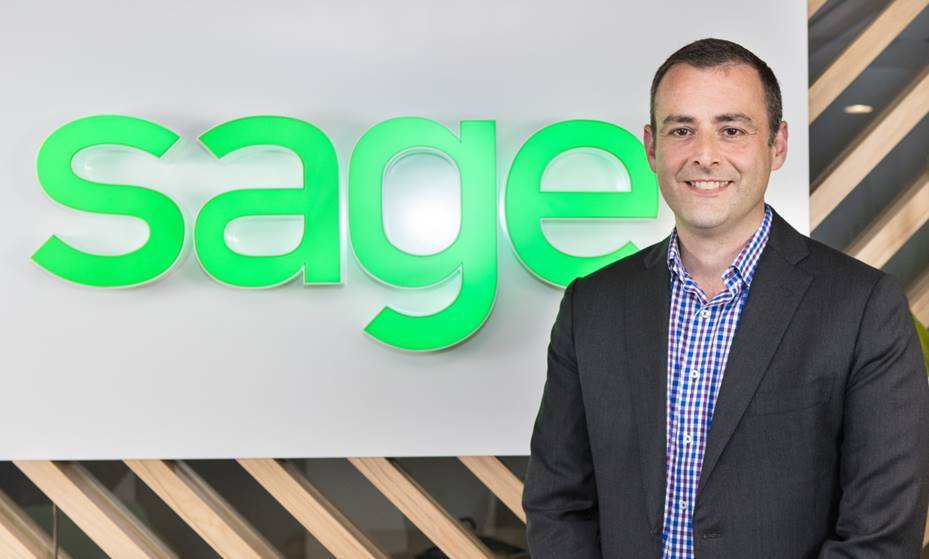
How wide is the digital skills gap in Australia?

by Alex Haloulos, Director, Sage Software
Advancements in digital technology, artificial intelligence, and robotics are dramatically shifting the way today’s organisations operate – making digital transformation imperative.
Yet one of the biggest barriers Australian organisations face to successful transformation is a lack of highly skilled workers who can effectively manage and make the most of new technology.
How wide is the digital skills gap in Australia?
A recent study by organisational consulting firm Korn Ferry reveals that by 2020, Australia will have a shortage of 739,000 highly skilled workers. By 2030, the shortfall is forecast to increase to 2.2 million.
The study also reveals almost three-quarters of Australian c-suite executives believe their companies are safe from the talent crunch, predicting that by 2030 there will either be sufficient or surplus skilled talent in Australia.
However, Korn Ferry argues Australian business leaders are misinterpreting the value of technology in filling this skills shortage. While robotics and machine learning will automate a range of functions, highly skilled individuals will still be needed to manage and enhance automation.
Soft skills are becoming increasingly valuable
We’ll no doubt see a decrease in manual jobs as artificial intelligence improves. However it won’t replace people entirely – there are too many human attributes we just can’t do without.
In addition to the technical skills required to manage and engage with new technology, soft skills like creativity, communication, and problem solving are predicted to become increasingly critical. Research by Deloitte reveals soft skill intensive occupations are expected to account for 63 percent of all jobs in Australia by 2030.
The World Economic Forum ‘Future of Jobs’ report reveals the top skills workers will need in 2020, including complex problem solving, critical thinking, and creativity. While LinkedIn research reveals the most in-demand soft skills for 2019 are creativity, persuasion, collaboration, adaptability, and time management.
The value of soft skills isn’t lost on Australian business leaders. Nine out of ten perceive soft skills as critical when hiring new talent and 80.5 percent believe soft skill development is very or extremely important, according to the Australian Institute of Management Soft Skills Survey 2019.
However, the survey also highlights that despite 51.9 percent of Australian businesses allocating more than $1,000 per employee on a total learning and development budget, in 2019 it’s predicted 43.6 percent will invest less than $500 per employee in soft skills training.
How can Sage help you attract and nurture the best talent?
Organisations are increasingly turning to Human Capital Management (HCM) software like Sage Business Cloud People to source and nurture talent, both inside the organisation and out.
Gartner predicts that by 2020, 30 percent of global midmarket and large enterprises will have invested in a cloud-deployed HCM suite for administrative HR and talent management.
With the right culture and processes in place, and with the help of HCM software, companies can create programs that make employees eager to grow, thereby closing skill gaps and preventing them from forming again.
HCM software can deliver ROI to both company leaders and employees by increasing employee productivity, retention, and time to promotion. And as your technology and skill requirements continue to evolve, it can help address your organisation’s particular skill related challenges.